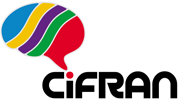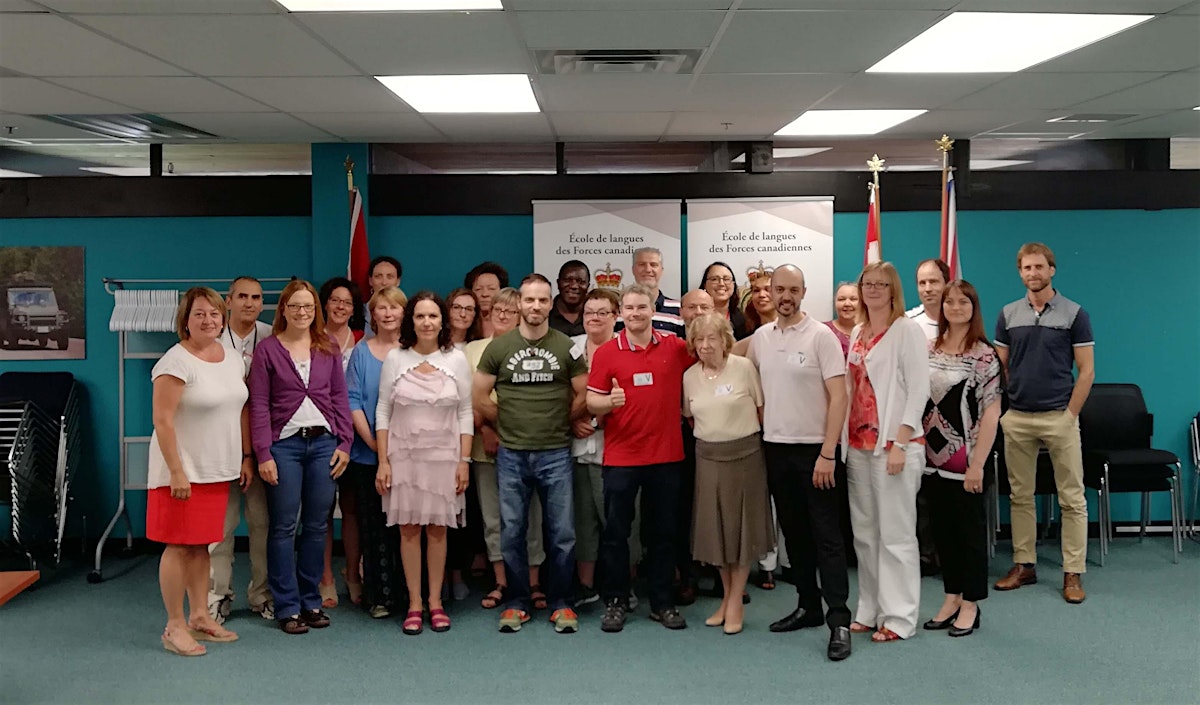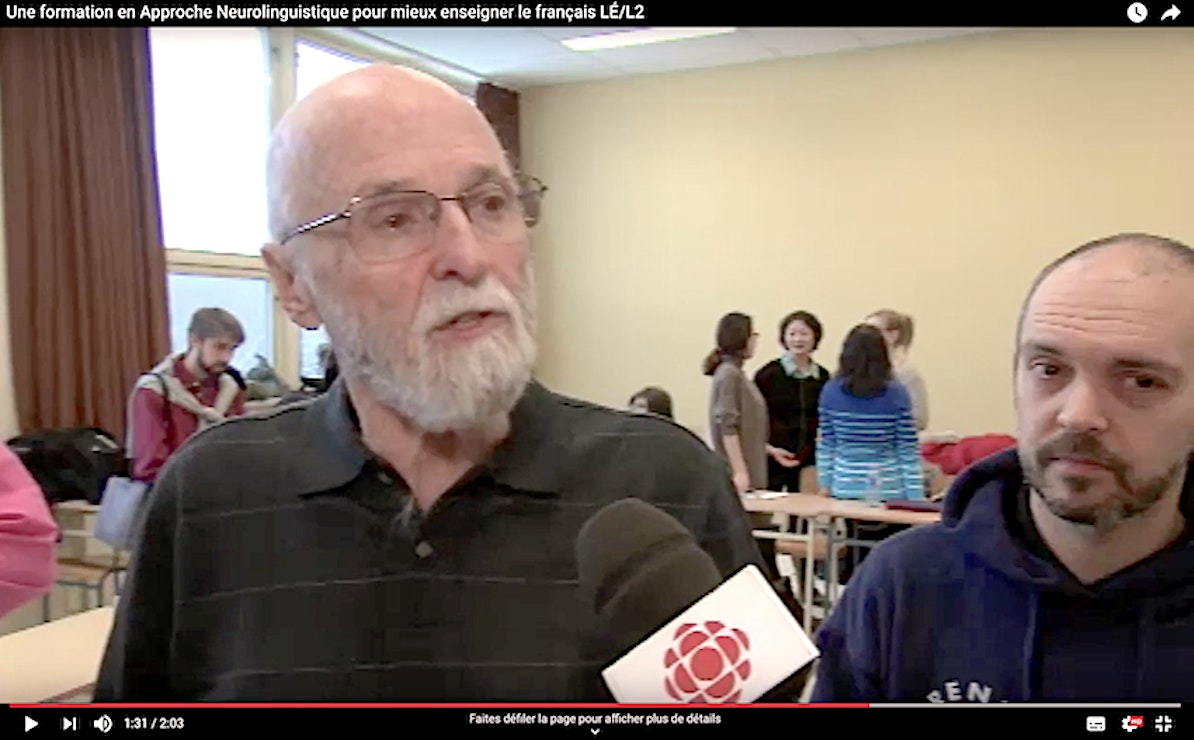OBJECTIFS
Cette formation proposée par le CiFRAN – en partenariat avec l’école Vision trilingue Rive-Sud – vise à livrer aux enseignants de FLÉ/FLS les connaissances théoriques et les techniques de classe nécessaires pour
(1) diagnostiquer les difficultés de prononciation des apprenants et
(2) intervenir efficacement afin de remédier aux difficultés de prononciation
grâce aux 10 Grands Moyens de correction phonétique qui seront concrètement démontrés et mis en pratique pendant le stage.
RÉSUMÉ
Les avancées récentes en neurosciences cognitives amènent à voir sous un jour nouveau l’appropriation et l’enseignement de la prononciation des langues étrangères ou secondes. Au travers d’un contenu dynamique (diaporamas, enregistrements, vidéos, témoignages et expérimentations sur le terrain avec des apprenants), cette formation de cinq jours répond aux questions que les enseignants de langue seconde/étrangère en exercice, les futurs enseignants et les conseillers pédagogiques se posent afin d’optimiser la prononciation :
– Quoi enseigner?
– Quoi corriger?
– Quand enseigner?
– Quand corriger?
– Comment enseigner?
– Comment corriger?
PUBLIC VISÉ
Destinée aux enseignants de langues secondes ou étrangères ainsi qu’aux futurs enseignants et responsables pédagogiques. Fortement recommandée aux praticiens ANL.
Cette formation garantit :
• La mise en pratique des stratégies d’enseignement avec de véritables apprenants pendant le stage;
• Un suivi de la formation par ses experts au-delà du stage et un suivi au sein de la communauté de praticiens ANL/CPH du CiFRAN;
• L’obtention d’un certificat de praticien CPH1 attestant l’aptitude à la mise en œuvre des Grands Moyens d’enseignement/de correction de la prononciation après évaluation pratique.
Flexibilité de paiement et aide financière :
✌︎ Formation payable en plusieurs fois, notamment par virement Interac à info@cifran.org avec le mot de passe « CPH1 ».
✌︎ Travailleurs autonomes au Québec : cette formation est admissible à des déductions fiscales.
VOLUME DE LA FORMATION
Cette formation correspond à un volume de 35 heures de cours en présentiel et de 25 heures de travail personnel réparties en amont (environ 10 heures) et en aval (environ 15 heures) de la formation. Cette formation de 60 heures mène à l’obtention du certificat CPH1 (certificat de praticien des Grands Moyens d’enseignement/de correction de la prononciation en L2).
PRÉSENTATION
Un locuteur de langue seconde/étrangère qui maîtrise la grammaire de la langue qu’il veut utiliser mais qui n’a pas une prononciation suffisamment intelligible rencontrera de nombreuses difficultés : en entretien d’embauche, par exemple, l’employeur qui posera des questions au locuteur se focalisera sur l’approximation de son élocution plutôt que sur ses compétences professionnelles, et ce, même si le locuteur est compétent.
En effet, l’intelligibilité s’avère la condition nécessaire du désir d’échange langagier. Plus l’interlocuteur doit déchiffrer ce qui lui est dit, moins il est disponible pour la conversation : si l’intelligibilité de la langue parlée est l’objectif premier de l’enseignement d’une langue seconde, cette prise en compte devrait être un devoir sur le plan de l’éthique de l’enseignement et une exigence de la part des étudiants (LeBel, 2011).
La formation, assurée par Steeve Mercier (Ph. D.) et Olivier Massé (Ing. Form.), avec la participation de Jean-Guy LeBel (Ph. D.), s’inscrit dans cet esprit. Ces plurilingues et spécialistes d’enseignement et de correction phonétique combinent 80 années d’expérience auprès de publics variés (étudiants internationaux, immigrants économiques, réfugiés, personnes atteintes de pathologies du langage), qu’ils seront heureux de partager avec vous.
Les stratégies d’enseignement et de correction délivrées lors de cette formation permettent d’optimiser l’efficience de celles proposées par nos formations en Approche Neurolinguistique de l’enseignement des langues étrangères/secondes (ANL).
OBJECTIFS ET DESCRIPTION DE LA FORMATION
Démarche
- Exploiter l’apport des neurosciences cognitives à l’enseignement/apprentissage d’une L2/LÉ;
- Maîtriser les systèmes phonologique et phonétique du français;
- Déterminer les principales difficultés/erreurs de prononciation du français appris en tant que langue seconde ou étrangère et en diagnostiquer la nature;
- Tirer profit de différentes techniques de correction phonétique.
Contenus
- Nécessité de la correction phonétique dans l’enseignement du FLÉ/FLS quelle que soit l’approche pédagogique envisagée;
- Problématiques de l’appropriation d’une L2/LÉ du point de vue de la perception et de la production de la parole;
- Initiation aux avancées récentes en neuroéducation;
- Présentation des systèmes phonologique et phonétique du français et comparaisons avec d’autres systèmes;
- Comparaison des caractéristiques phonologique/phonétique du français avec celles d’autres langues;
- Démonstration et mise en pratique des 10 Grands Moyens de correction phonétique (LeBel, Massé, Mercier, 2016).
Approche pédagogique
- Exposés avec, entre autres, des diaporamas, des documents audio et vidéo et des exempliers;
- Démonstrations et pratiques de corrections phonétiques avec des non-francophones de diverses langues maternelles et profils socio-économiques.











